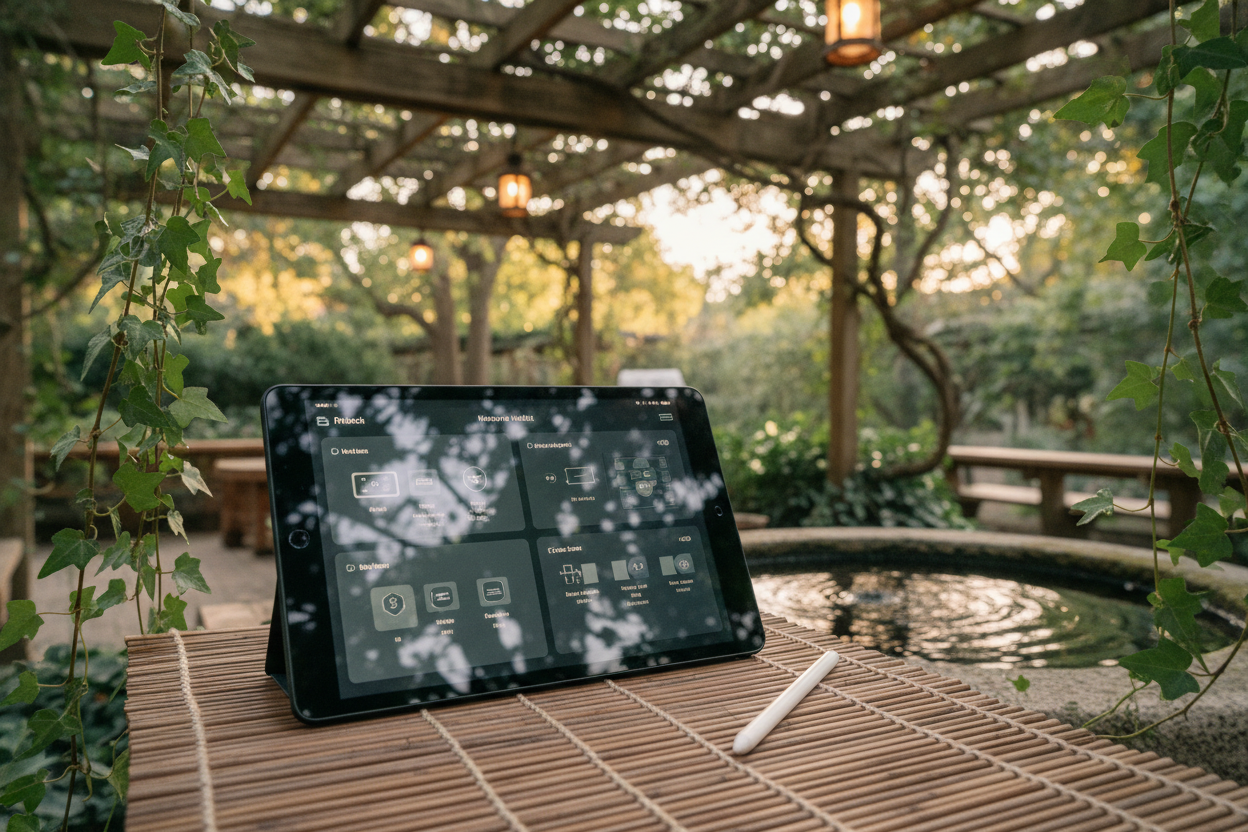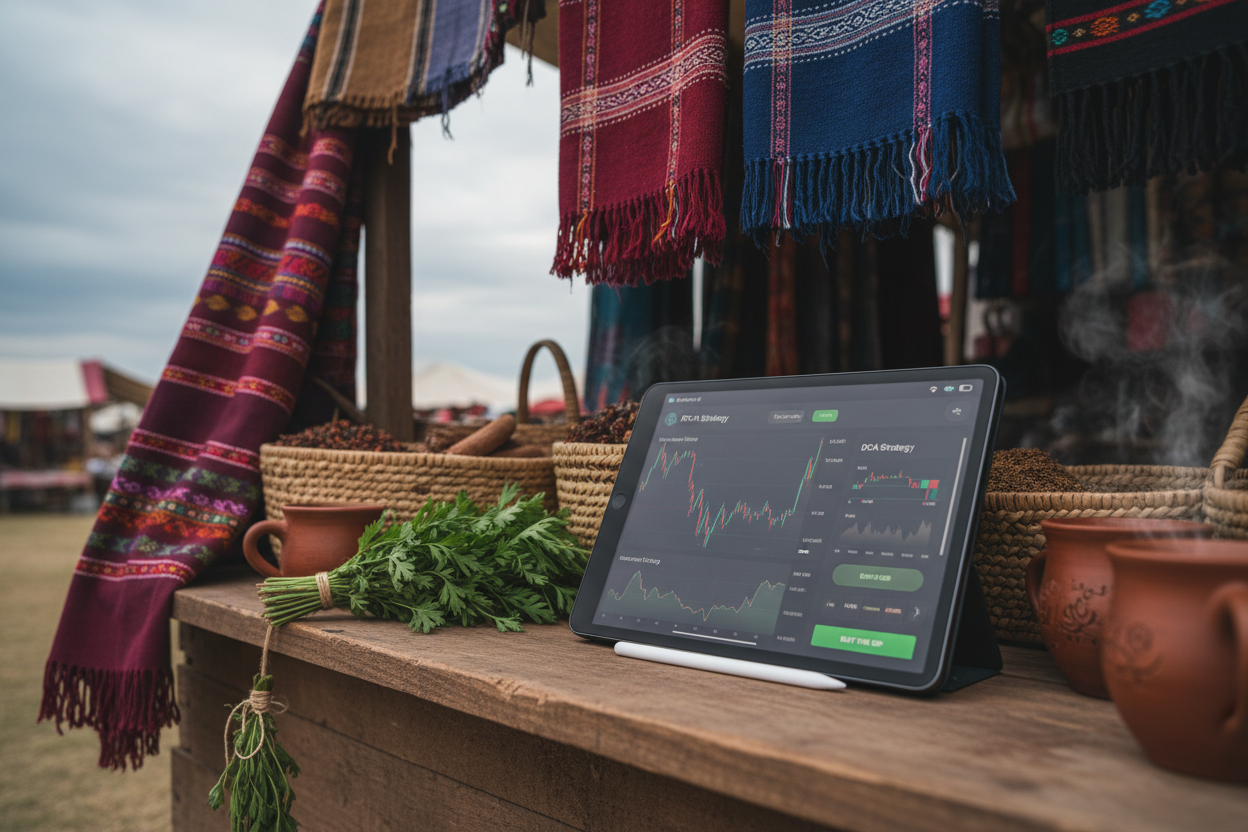When it comes to managing your crypto assets in 2025, the landscape has shifted dramatically. Binance Wallet and Trust Wallet are now at the center of a heated competition, each carving out a distinct spot in the Web3 ecosystem. If you’re hunting for a wallet that maximizes airdrop rewards, offers early access to new tokens, or simply keeps your assets secure and under your control, understanding these differences is crucial. Let’s break down what sets each wallet apart, and why the right choice depends on how you play the crypto game.
Binance Wallet: The Alpha Points Powerhouse
Binance Wallet is no longer just an extension of the world’s largest exchange, it’s become a full-fledged Web3 gateway. As of May 2025, Binance Wallet captured 95.3% of market share, with daily trading volume surging past $5 billion. This dominance is fueled by Binance Alpha: an integrated platform that gives users exclusive access to high-potential projects through Token Generation Events (TGEs) and streamlined airdrop participation.
The real game-changer? Alpha Points. This scoring system tracks your engagement, think token trading volume, Alpha token purchases, and supported asset balances, across both Binance Wallet and Exchange. Calculated on a rolling 15-day basis, Alpha Points determine who gets priority for TGEs and coveted airdrops. It’s not just about holding tokens anymore; it’s about being active in the ecosystem.
Binance Wallet vs Trust Wallet: Key Features (2025)
-
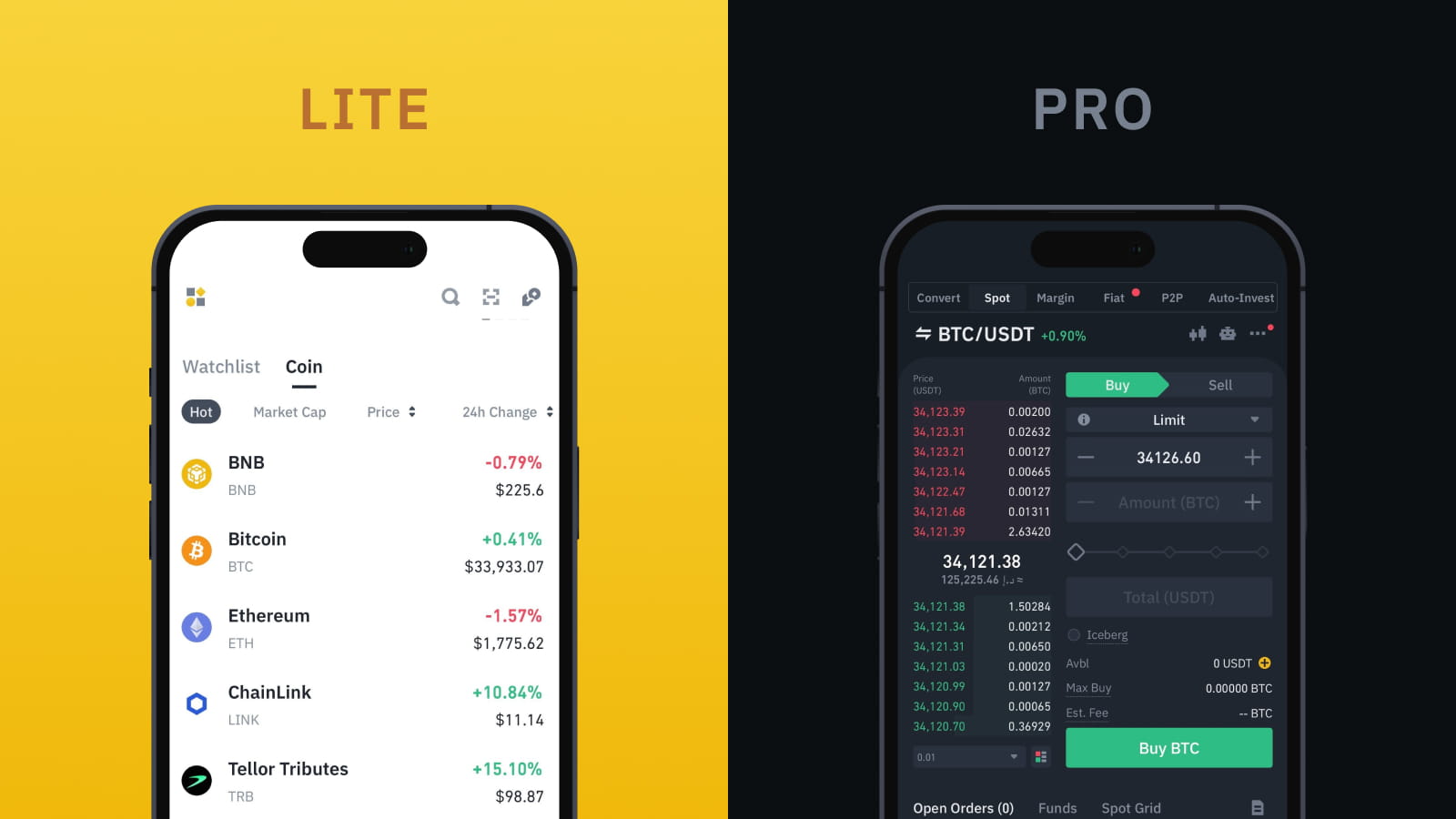
Integrated Binance Alpha Platform: Binance Wallet users get exclusive access to Alpha Token Generation Events (TGEs), early airdrops, and new Web3 projects directly within the wallet. Trust Wallet does not offer a comparable integrated launchpad.
-
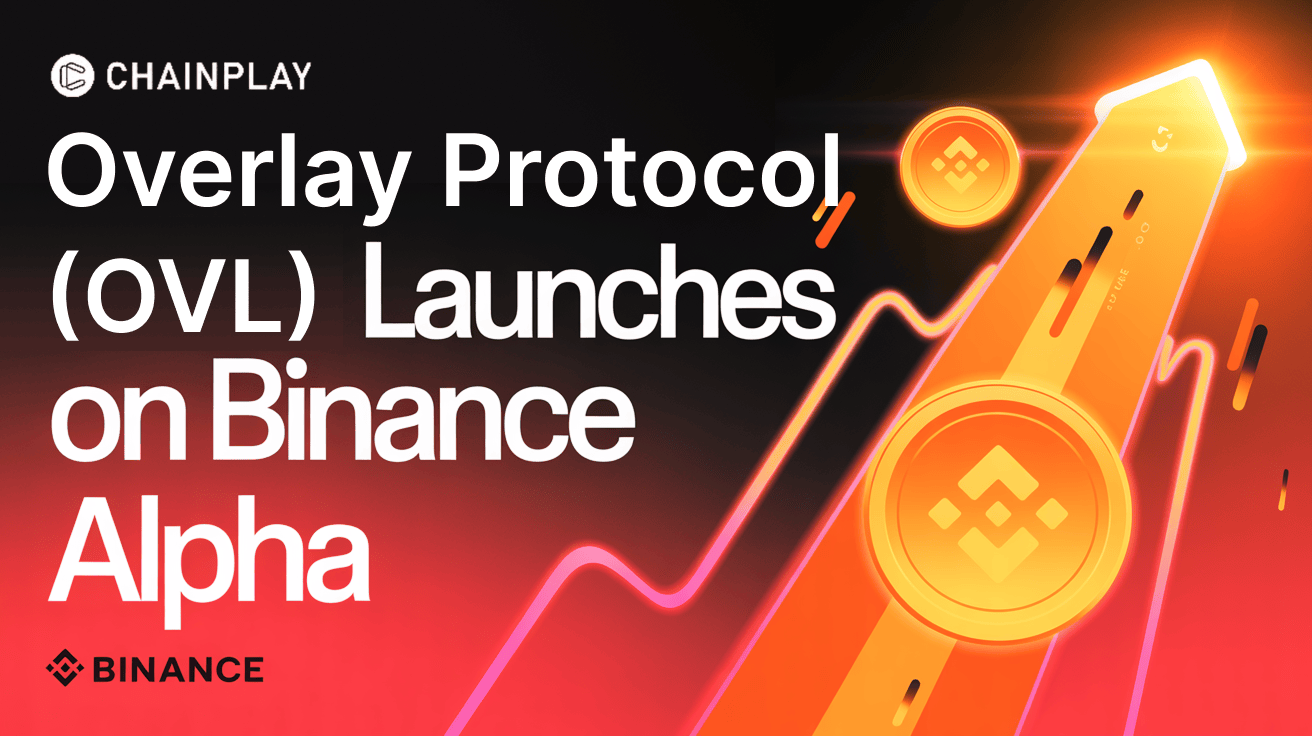
Alpha Points Rewards System: Binance Wallet features Alpha Points, a unique scoring system that rewards active users based on trading volume, token purchases, and asset balances. These points determine eligibility for airdrop allocations and early access events. Trust Wallet does not have a structured points or rewards system.
-
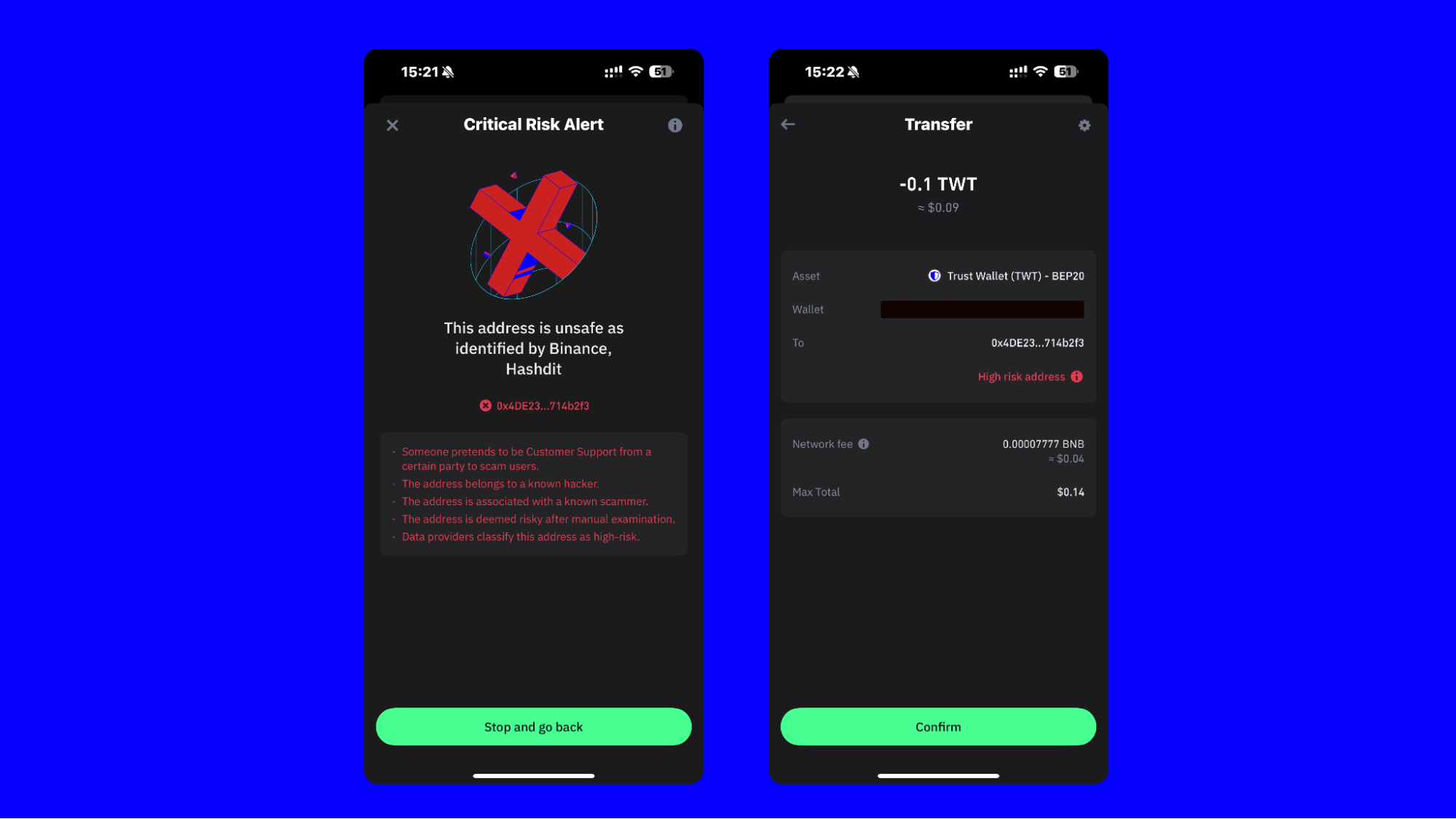
Non-Custodial Control & Privacy: Trust Wallet is a fully decentralized, non-custodial wallet, giving users complete control over their private keys and assets. Binance Wallet is custodial, meaning Binance manages users’ private keys.
-
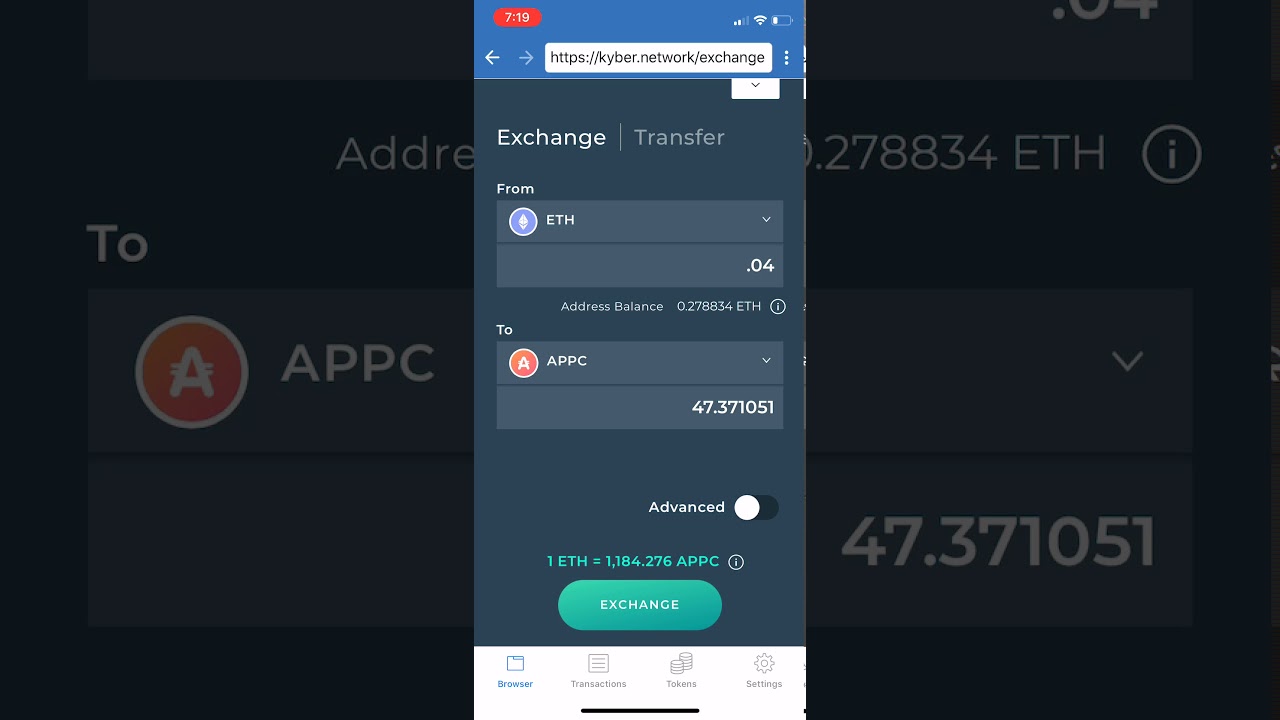
Multi-Chain & DApp Support: Both wallets support a wide range of cryptocurrencies and multi-chain assets. Trust Wallet excels with seamless access to thousands of decentralized apps (DApps) and native staking features. Binance Wallet offers DApp access but is more tightly integrated with Binance’s ecosystem.
-
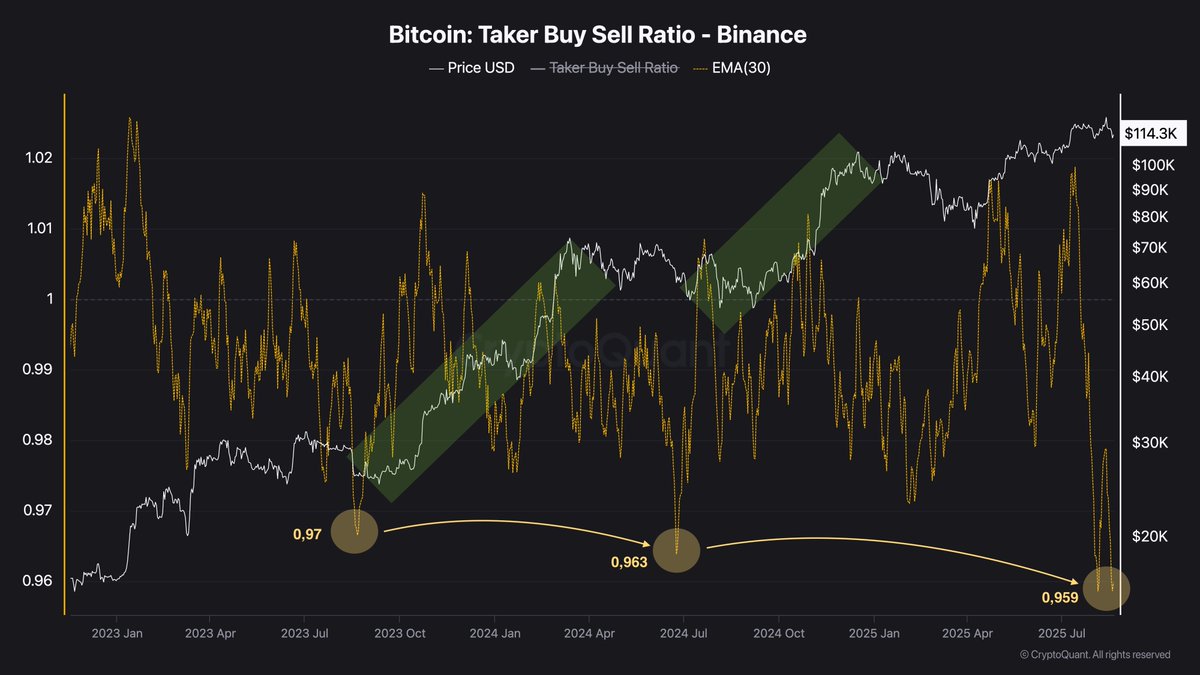
Market Share & Trading Volume: As of May 2025, Binance Wallet dominates with 95.3% market share and over $5 billion in daily trading volume. Trust Wallet remains popular among mobile users but has a much smaller share.
-
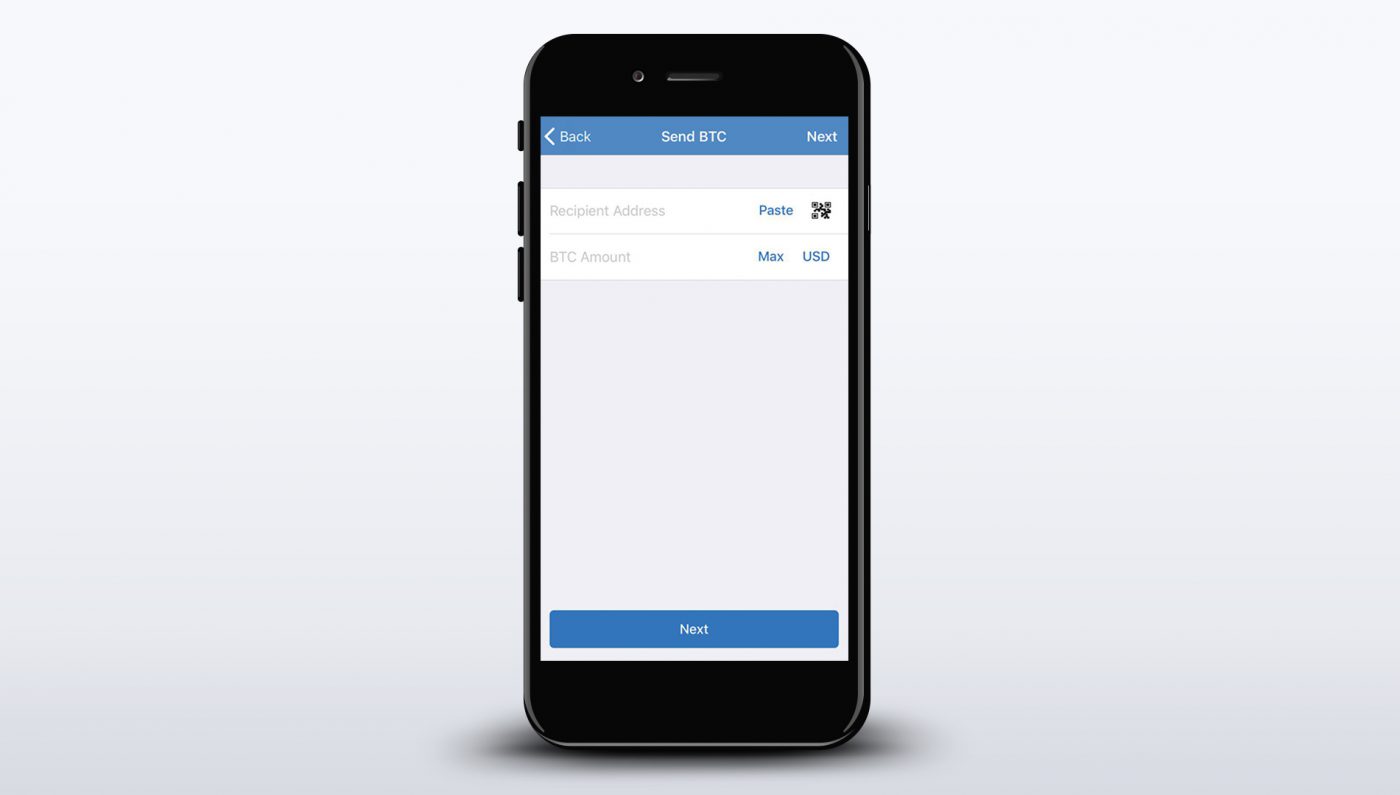
Security & User Experience: Trust Wallet is praised for its robust security, open-source code, and simple interface. Binance Wallet offers advanced security features and seamless integration with the Binance Exchange, appealing to users seeking an all-in-one platform.
For power users who want early access or to farm rewards with minimal friction, this integration is hard to beat. Binance Alpha has already featured 18 tokens since December 2024, representing 43% of all new listings on Binance Spot during that period.
Trust Wallet: Decentralized Control and DApp Freedom
If you’re all about self-custody and privacy, Trust Wallet remains a top contender. Unlike Binance Wallet’s custodial approach (where your private keys are managed by the platform), Trust Wallet puts you fully in charge, you hold your own keys and can interact directly with blockchains.
This decentralized model appeals to users who value independence or want to avoid KYC requirements tied to centralized exchanges. Trust Wallet supports thousands of coins and tokens across multiple networks, offers staking options for passive income, and provides seamless access to DApps via its built-in browser.

The trade-off? There’s no integrated points system like Alpha Points or built-in early-access portal for TGEs. Instead, you’ll need to hunt down individual project airdrops or participate directly in token sales, a process that requires more research but gives you broader exposure outside any single ecosystem.
Airdrop Strategy: Streamlined vs DIY
This is where things get interesting for airdrop hunters in 2025:
- Binance Wallet: Airdrops are curated within the Alpha platform; eligibility is based on activity (Alpha Points), making it easy for engaged users to qualify without chasing dozens of separate campaigns.
- Trust Wallet: No centralized system exists; users must monitor social channels or aggregator sites for upcoming drops, then manually interact with smart contracts or claim forms, rewarding but time-consuming.
The bottom line? If you want convenience and structured access to new opportunities (and don’t mind some centralization), Binance Wallet’s Alpha Points system is tough to match. If you’re after pure decentralization and maximum asset control, even if it means more legwork, Trust Wallet stands strong in 2025.
Security is the next big fork in the road. Binance Wallet leverages exchange-grade protections, including multi-factor authentication and anti-phishing codes. However, you’re trusting Binance with custody of your keys, which means some risk if the platform itself is ever compromised. On the other hand, Trust Wallet makes you your own bank: private keys never leave your device, and there’s no central point of failure, just don’t lose your recovery phrase.
User Experience: Integrated Ecosystem or Open Playground?
In terms of user experience, Binance Wallet’s seamless integration with the Binance Exchange and Alpha platform is a major plus for those already trading on Binance. You can move assets between spot trading, staking, and Web3 dApps without leaving the app, everything feels interconnected. The interface is polished and beginner-friendly, especially for users who want a single hub for all things crypto.
Trust Wallet, by contrast, thrives on flexibility. Its interface is clean but less hand-holding; you’ll find support for obscure chains and experimental tokens that rarely make it onto centralized platforms. If you’re a DeFi explorer or NFT collector who values access to every corner of Web3, Trust Wallet’s open architecture is a clear advantage.
Which Wallet Wins for You in 2025?
The answer comes down to your goals:
- If you want early access to high-profile token launches, curated airdrops, and an all-in-one ecosystem (and are comfortable with custodial risk), Binance Wallet is king right now.
- If you want total control over your assets, maximum privacy, or to experiment at the edge of DeFi and NFTs across many blockchains, Trust Wallet remains unmatched.
The Web3 wallet war isn’t about one-size-fits-all solutions anymore, it’s about picking what fits your style as crypto matures into mainstream finance.
The Final Alpha: Action Steps
No matter which direction you lean in this crypto wallet comparison for 2025:
- Stay active: For Binance Alpha Points hunters, activity matters more than ever, don’t let points expire unused.
- Backup your keys: If using Trust Wallet (or any non-custodial wallet), secure that recovery phrase offline and never share it.
- Diversify strategies: Many advanced users run both wallets, using Binance for TGEs/airdrops and Trust for long-term holding or DeFi adventures.
The competition between Trust Wallet and Binance Wallet will keep pushing innovation forward, giving users more choices (and alpha) than ever before. Whether you chase points or prefer pure decentralization, there’s never been a better time to fine-tune your wallet game in Web3.



